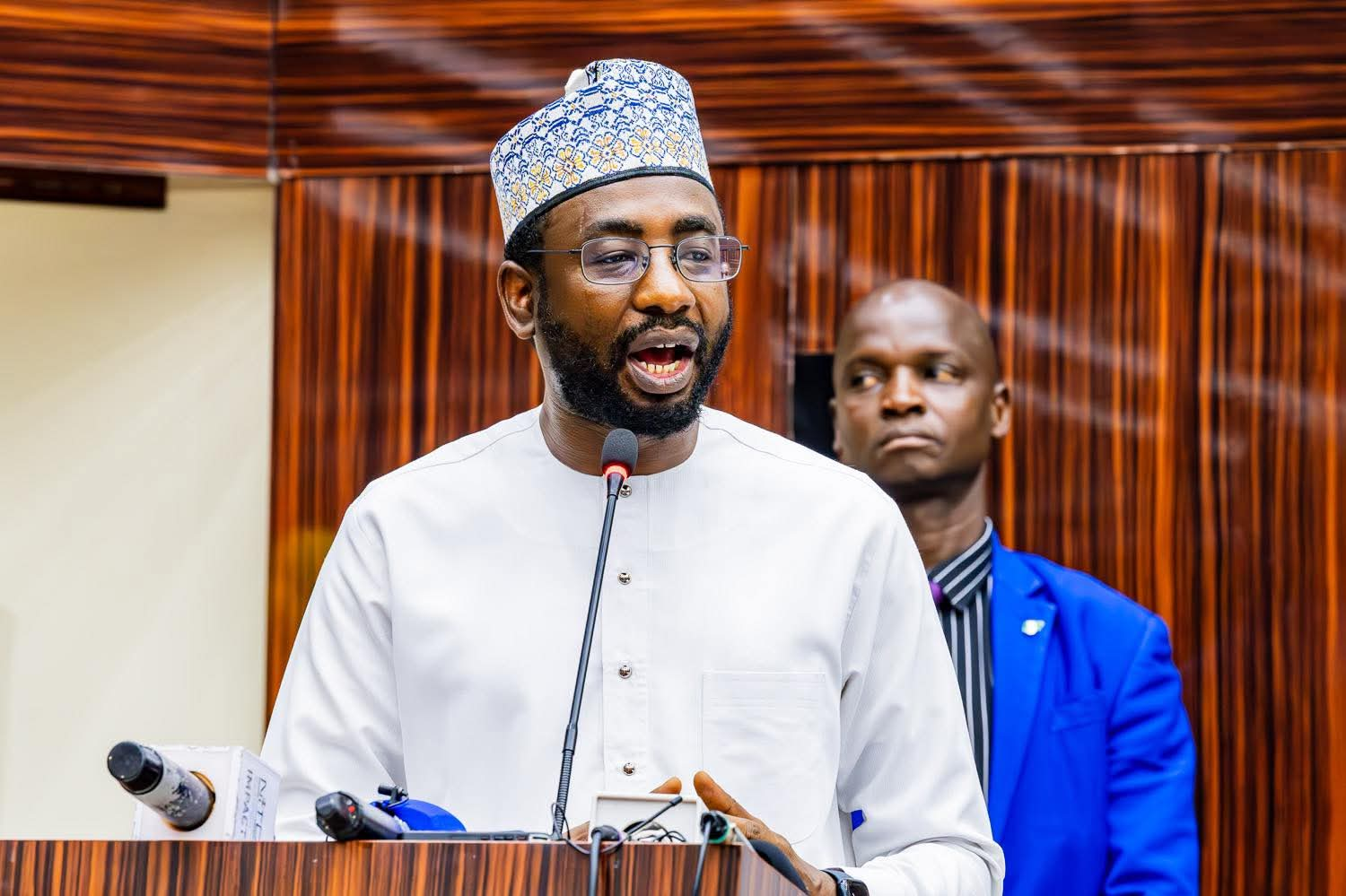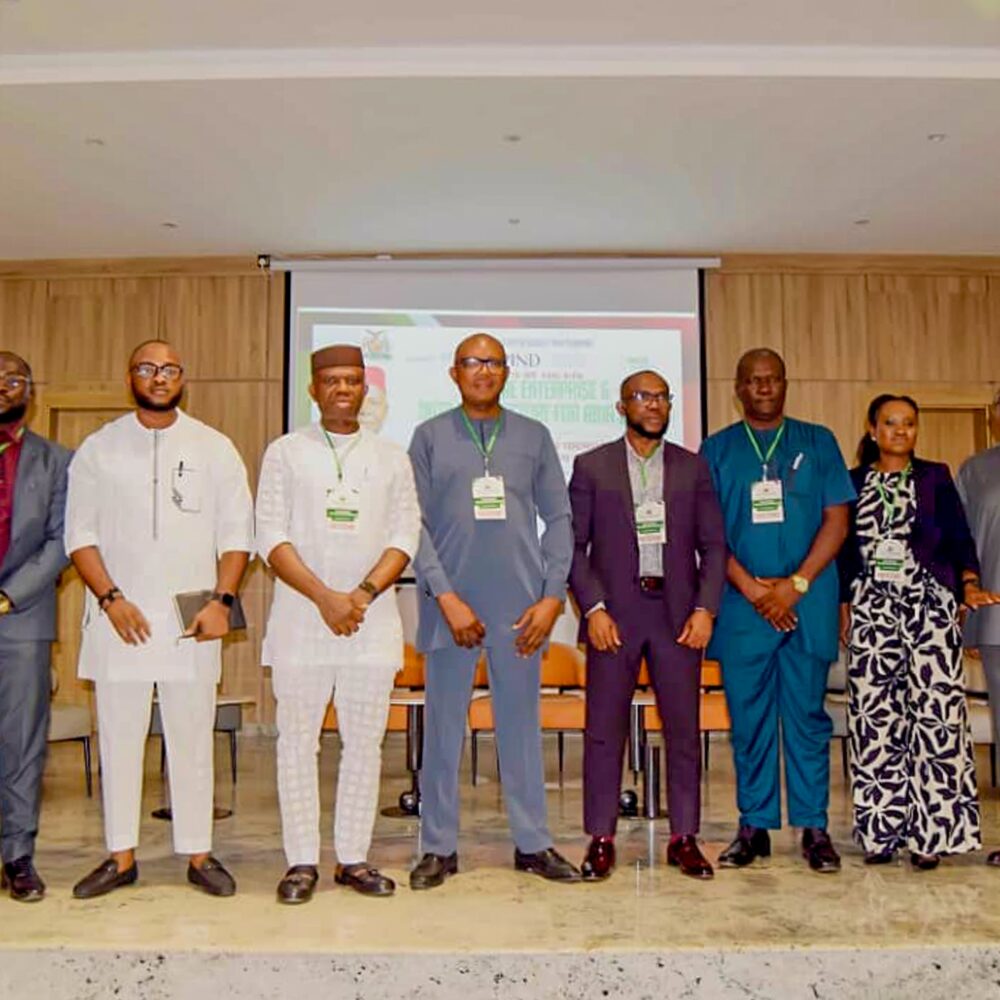The National Information Technology Development Agency (NITDA) has released the draft Technical Standards for Digital Public Infrastructure (DPI) and has called on stakeholders, including the general public, to provide feedback and contributions towards finalizing the document.
This initiative, according to NITDA, represents a significant step in Nigeria’s digital transformation journey, aimed at creating a secure, inclusive, and interoperable digital ecosystem. The standards, once adopted, are expected to guide the development and deployment of DPI components across the country, enhancing public service delivery, economic growth, and citizen empowerment.
The draft document is a follow-up to the Digital Public Infrastructure Framework launched by the Federal Ministry of Communications, Innovations, and Digital Economy on March 4, 2025. The Framework provided a whole-of-government approach to reforming public service delivery while opening avenues for private sector participation in building cross-sector services to benefit Nigerians.
It also led to the creation of the Nigerian Digital Public Infrastructure Centre (Ng-DPIC), which will coordinate national efforts in public awareness, research, and the implementation of DPI.
According to Mrs. Hadiza Umar, Director of Corporate Communications and Media Relations at NITDA, the draft Technical Standards outlined essential technical requirements and best practices to ensure interoperability, data security, and efficient integration of digital services. She stated that the document supported the development of digital public goods in areas such as identity systems, payment platforms, and data exchange frameworks.
Key objectives of the draft standards included:
- Enhancing interoperability among systems and platforms
- Strengthening data security and privacy
- Promoting accessibility and inclusion
- Defining performance benchmarks for efficiency
- Encouraging innovation and use of open-source technologies
- Establishing governance, compliance, and standardised testing practices
Umar noted that the draft was developed through extensive research, global best practices, and consultations with stakeholders across sectors. She urged citizens, civil society groups, businesses, academic institutions, and international partners to participate in the public consultation process.
The draft standards are available for review on www.nitda.gov.ng, and all feedback should be submitted via email to regulations@nitda.gov.ng on or before May 8, 2025.
NITDA assured that all inputs would be thoroughly reviewed before finalizing and implementing the standards.
.





